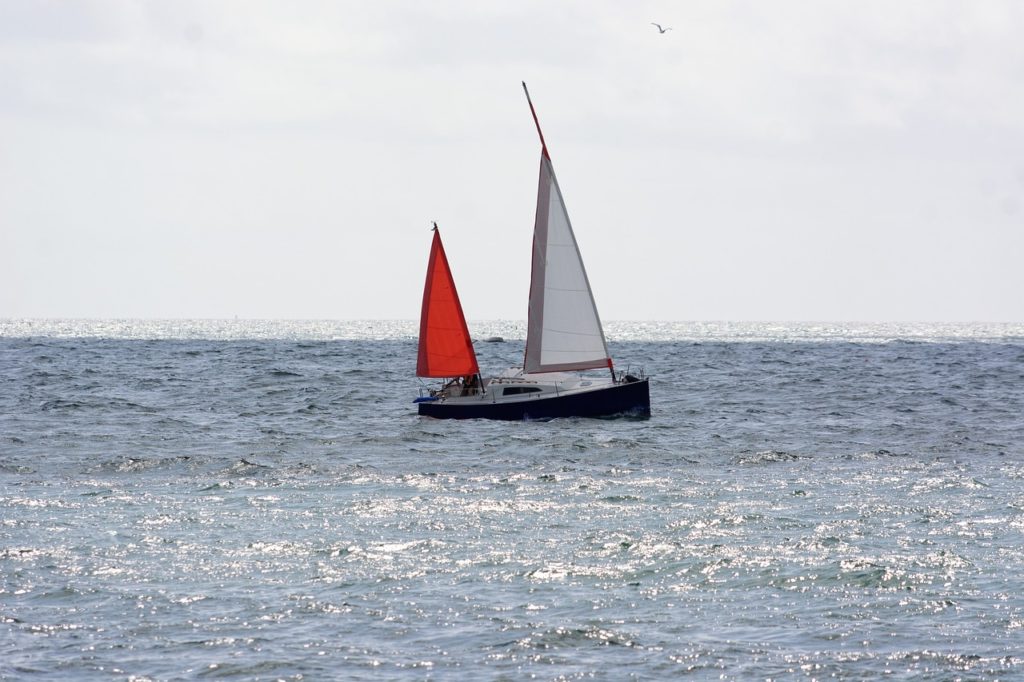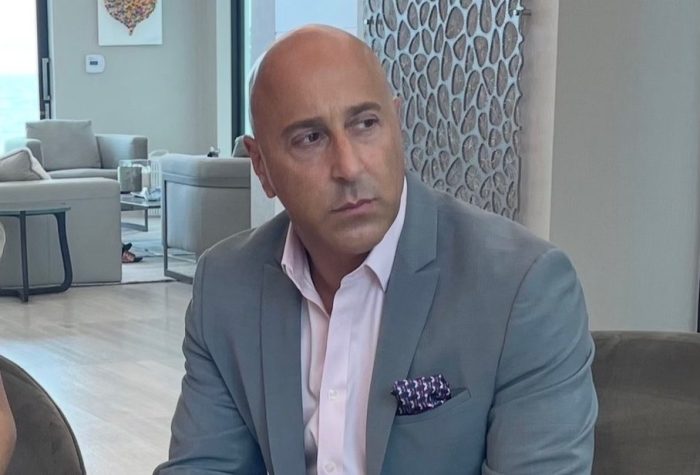The summer is a great time to get out on the water and spend time with your friends and family in a different outdoor environment, perhaps on a motorboat, jet ski, sailboat, rowboat, kayak or some other watercraft. Enjoying time in the sun is healthy (be sure to wear proper sun protection), getting in the water and swimming is great exercise, and waterskiing or tubing is great fun for the kids.
However, let’s be safe, boats can get dangerous quickly if people are inexperienced or not using their heads and observing basic safety precautions. In 2019, a law was passed called Brianna’s Law, which originated from a boating accident that happened in 2005. This New York law was phased in over time but applies to all boats and all boaters as of January 1, 2025 and requires all boaters to have a boater’s license to operate a motorized watercraft.
Before it was signed into law, boaters were not required to have a license to operate a motorized watercraft. The law requires a mandatory boating safety course be taken where you will learn a lot of valuable information about boating safety and what to do under various circumstances.
Taking the course is a great reminder of all of the various ways you can boat safely and have a great experience on the water. Every year, there are boating accidents. Boats, unlike cars, do not have crumple zones, seatbelts, or other safety features. Virtually all the accidents are immensely avoidable, and all the result of one or more unforced errors.
Situational awareness and common sense are the most important aspects of boating safely, whether you’re out during the day or at night. Keeping an eye on the sea state, the weather, the wave action, the type of boat, the number of people on the boat, the experience of the crew, how far offshore you might be and whether or not there are thunderstorms looming in the area that can form and pop-up almost without notice are all factors to be considered.
Having a VHF radio on hand is excellent because when there are small craft advisories virtually, all such radios made in the last 15 years will automatically tune into the station when the Coast Guard comes over with a small craft advisory or a thunderstorm warning.
If an accident does occur, certain procedures should be taken immediately when circumstances warrant it. Attend to anybody who may be injured, determine whether or not the boat is still viable without a concern for sinking, make sure everyone is wearing a life preserver if they are not already on, if somebody is in the water, make sure there’s a throwable on hand and throw it to them and get them back in the boat as soon as possible.
Although not mandated on your typical personal watercraft, depending on the size of the boat, all boats should have a VHF radio, and you can tune into channel 16 and make a MAYDAY call and provide your position. If hooked up correctly with a GPS, you will be transmitting your location to the Coast Guard automatically. All boats should also contain a basic first aid kit, flares, and a life preserver for everyone on board. When you get back to shore, make sure anybody who is injured gets medical attention as soon as possible.
Let’s have a safe summer and avoid dangerous activity on the water. However, if you or someone you know is injured while boating, you should be consulting with a qualified personal injury attorney knowledgeable about the rules dealing with boating safety and boating negligence.


































